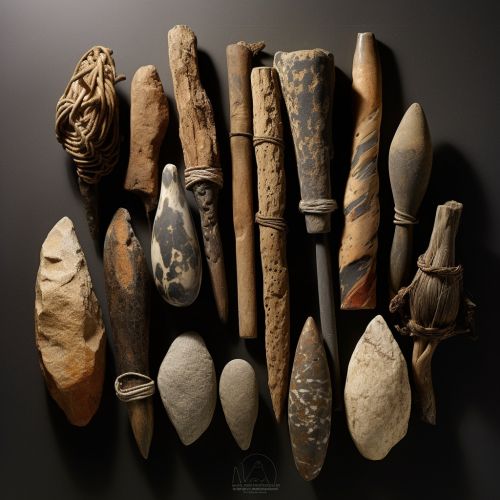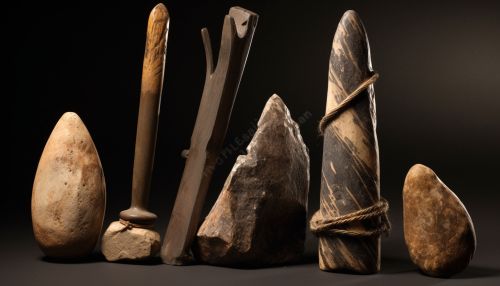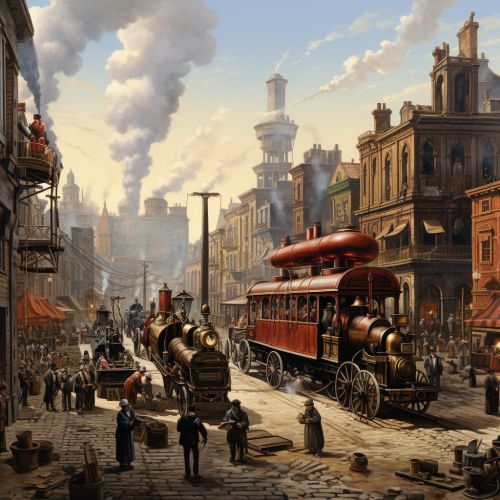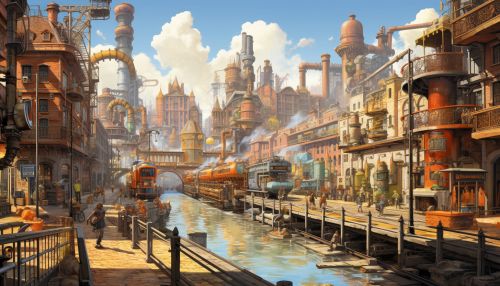Historical Timeline
Prehistory
Prehistory is the period of human activity before the invention of writing systems. This period is characterized by the development of the most primitive tools. The Stone Age, Bronze Age, and Iron Age - each named after the main tool and weapon-making material used at the time - are all part of prehistory.


Ancient History
Ancient history is the aggregate of past events from the beginning of writing and recorded human history to the Early Middle Ages or the Postclassical Era. The span of recorded history is roughly 5,000 years, beginning with the Sumerian cuneiform script, with the oldest coherent texts from about 2600 BC.
Classical Antiquity
Classical antiquity is a broad term for a long period of cultural history centered on the Mediterranean Sea, comprising the interlocking civilizations of ancient Greece and ancient Rome, collectively known as the Greco-Roman world. It is the period in which Greek and Roman society flourished and wielded great influence throughout Europe, North Africa, and Western Asia.
Middle Ages
The Middle Ages is a period in the history of Europe, covering the span from the 5th to the 15th century. It is traditionally marked from the collapse of the Western Roman Empire, a process in which the Empire failed to enforce its rule, and its vast territory was divided into several successor polities.
Modern History
Modern history, or the modern era, describes the historical timeline after the Middle Ages. Modern history can be further broken down into the early modern period and the late modern period after the French Revolution and the Industrial Revolution.
Early Modern Period
The early modern period of modern history follows the late Middle Ages. Although the chronological limits of the period are open to debate, the timeframe spans the period after the late portion of the post-classical age (c. 1500), known as the Middle Ages, through the beginning of the Age of Revolutions (c. 1800) and is variously demarcated by historians as beginning with the Fall of Constantinople in 1453, with the Renaissance period, and with the Age of Discovery.
Late Modern Period
The late modern period is the epoch in the history of the world beginning with the end of the Early Modern period and ending with the present. The late modern period is characterized by industry, locomotion, the peak of colonialism in Africa and Asia, and the beginnings of industrialized warfare.


Contemporary History
Contemporary history is a subset of modern history which describes the historical period from approximately 1945 to the present. The term "contemporary history" has been in use at least since the early 19th century.
